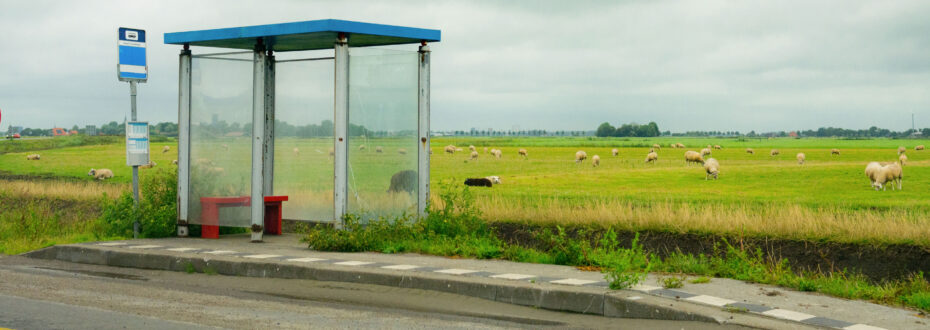Children’s mental health and wellbeing in isolated areas
Louis Allwood
Living in rural and remote areas can create distinct challenges for children’s mental health. Poor transport infrastructure, fewer local choices, alienation and isolation, poor digital connectivity, and a lack of opportunities to socialise with peers outside of school can all have an impact on children and their wellbeing.
Children in sparsely populated areas also face significant barriers to accessing support, and years of cuts to public services have made it even harder for local services to offer children the help they need. These difficulties are disproportionately experienced by children living in poverty (which is often more hidden in rural areas), children who have complex needs and children who face other risks of exclusion, alienation and marginalisation (such as young carers, disabled children, children from Gypsy, Roma and Traveller communities, and LGBTQ+ children).
Funded by BBC Children in Need, The space between us explores evidence about the mental health and wellbeing of children aged between 8 and 13 years living in isolated communities across the UK. Half of mental health problems emerge before the age of 14, and therefore opportunities to intervene in the preceding years could make a significant difference by increasing protective factors and minimising risks of poor mental health.
The report calls for action to boost children’s mental health in rural and coastal communities. This includes funding for local councils to improve wellbeing, investment in digital infrastructure in places that have been left behind, and developing promising approaches to supporting children’s wellbeing such as mobile support services, peer support networks and better use of existing community spaces.





